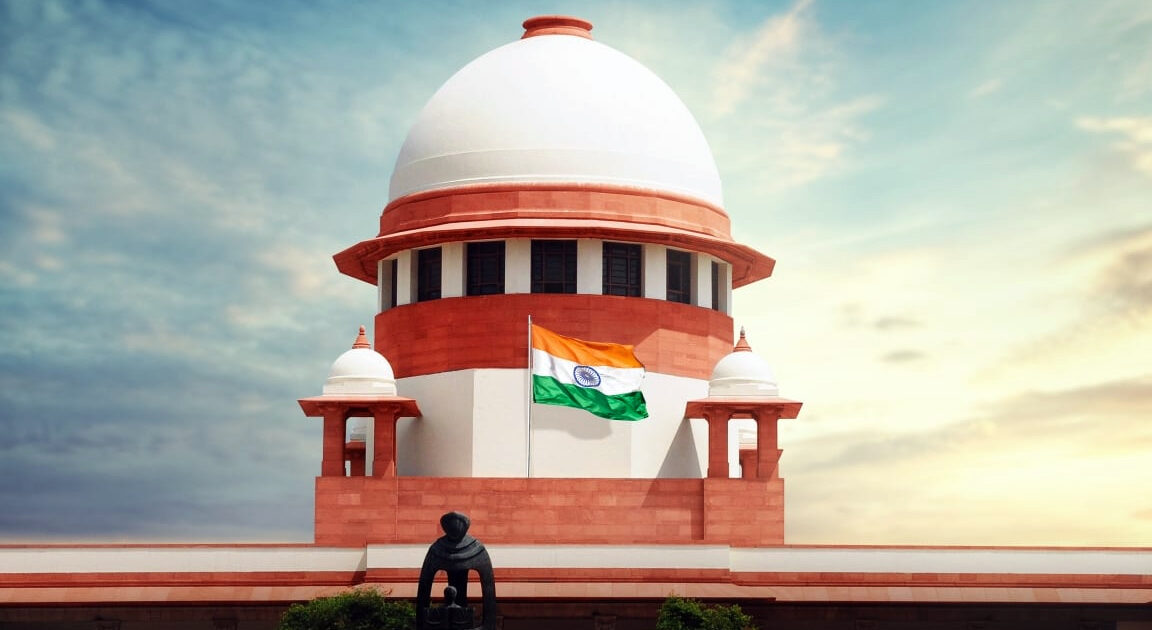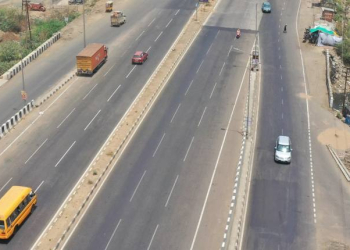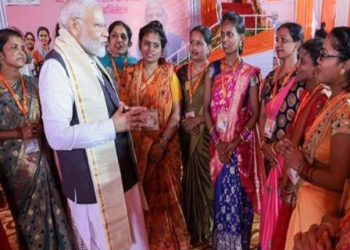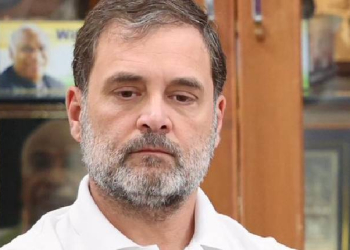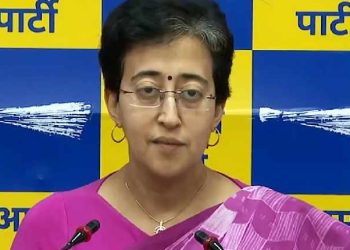New Delhi: Taking a dig at retired judges, the Supreme Court said on Friday that it has become a fashion for them to comment on the earlier decisions taken by the collegium, adding that the existing collegium system should not be derailed on the basis of statements of “some busybody”.
The apex court emphasised that collegium is the most transparent institution.
A bench headed by Justice M.R. Shah said, “Let the system, which is functioning well, not be derailed. The collegium does not work on the basis of some busybody.”
The bench, also comprising Justice C.T. Ravikumar, added, “Let us perform our duties and let the collegium function according to its duties. We are the most transparent institution.”
Of late, friction points have been created between the Centre and the judiciary over the collegium system, under which judges appoint judges to constitutional courts.
The bench said it does not want to comment on what a few former apex court judges, who were once members of the Supreme Court Collegium, are now saying about the mechanism.
Advocate Prashant Bhushan, representing petitioner and RTI activist Anjali Bhardwaj, said that Justice Madan Lokur, former apex court judge, who was part of the Supreme Court Collegium in 2018, had said that one of the decisions should have been uploaded on the Supreme Court website.
The bench said, “Nowadays, it has become a fashion to comment upon earlier decisions (of the collegium) made when they (former judges) were part of the collegium.”
It added, “We don’t want to say anything on their comments.”
The collegium, which was headed by then CJI Ranjan Gogoi and comprised four senior-most judges, Justices Lokur, A.K. Sikri, S.A. Bobde and N.V. Ramana, took certain decisions regarding the appointment of judges. Howeverthe were not uploaded on the SC website. In January 2019, the collegium revisited the decisions “in the light of additional materials”.
Bhushan argued that all correspondence between the Chief Justice and the government should be available to the people under the RTI as a fundamental right.
He emphasised that the question here is whether the decision of the collegium comes under the purview of the Right to Information Act.
“The subsequent meeting dated January 10, 2019 mentions about the decision taken on December 12, 2018,” said Bhushan.
Citing the RTI Act, Bhushan said the information included any material in any form including records, documents, memos, emails, advises, press releases, circulars, orders etc. After hearing arguments, the bench reserved the judgment in the matter.
The top court was hearing a petition by Bhardwaj against a Delhi High Court order, which dismissed her plea seeking apex court collegium’s agenda in connection with a meeting held on December 12, 2018 when certain decisions were purportedly taken on the elevation of some judges to the apex court.
(IANS)



